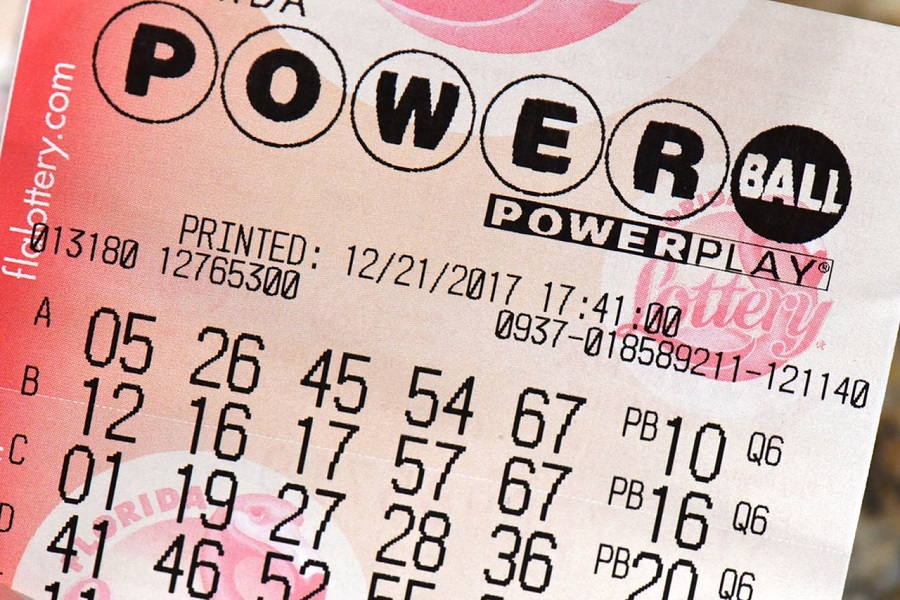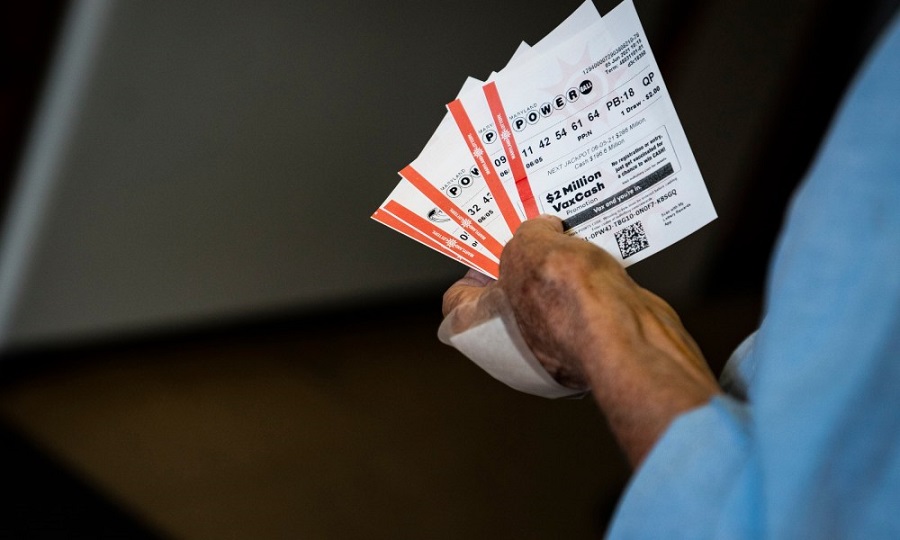
Unlocking the Mystery: The Role of Lucky Numbers in Lottery Success
The world of lottery games is a blend of hope, luck, and strategy. Many people around the world turn to certain numbers, believing they possess the charm to turn their luck around. But what’s the story behind these lucky numbers? Let’s unravel the mystery.
The Psychology Behind Lucky Numbers
Human beings are naturally inclined to seek patterns in chaos. When it comes to lottery games, many have their own set of favorite numbers, often derived from personal experiences. Birthdays, anniversaries, or any significant date can quickly become a ‘lucky’ number for a person.
Then, there’s the universal appeal of certain numbers. For instance, 7 is often viewed as a lucky number in many cultures, while 13 is considered unlucky in others. Such beliefs have been ingrained in our psyche, influencing our choices, even in lottery picks.
The question remains, though: do these numbers genuinely enhance one’s chances of hitting the jackpot? While the number’s personal significance might bring comfort, in a game of chance, every number theoretically has an equal opportunity.
Historical Lucky Numbers and Their Origins
Throughout history, civilizations have held specific numbers in high esteem. The Chinese, for example, find the number 8 lucky because it phonetically sounds like the word for ‘prosper’. Conversely, in the same culture, 4 is avoided as it sounds like the word for ‘death’.
Similarly, the number 7 holds spiritual significance in many cultures. It’s associated with divine creation and completion, from the seven days of creation in Judeo-Christian religions to the Seven Wonders of the Ancient World.
Whether these numbers bring luck in the lottery remains a debate, but understanding their historical and cultural relevance can add an extra layer of excitement to the game.
Statistical Perspective: Do ‘Lucky’ Numbers Really Work?
If we approach the lottery from a purely statistical viewpoint, every number combination has an equal chance of being drawn. Hence, whether you choose a historically lucky number, a personal favorite, or a random selection, your odds remain the same.
However, some might argue that certain numbers or combinations get drawn more frequently. While this may be true in the short run due to variance, over an extended period, the law of large numbers ensures each combination has a nearly equal chance.

Alternative Approaches to Picking Lottery Numbers
While lucky numbers hold sentimental value, some lottery enthusiasts opt for different approaches. One such method is the syndicate approach, where a group pools resources to buy multiple tickets, increasing their chances of a win. They might not always choose ‘lucky’ numbers, but the sheer volume improves odds.
Another strategy is to study past lottery results, hoping to discern patterns or frequently drawn combinations. While this might sound promising, remember that each lottery draw is independent of the previous ones.
Lastly, some players let the universe decide, opting for quick picks where the machine randomly selects numbers. This approach is as valid as any, given the game’s unpredictable nature.
Conclusion: Embracing the Magic of Lucky Numbers
Whether you believe in the power of lucky numbers or see the lottery as a game of pure chance, it’s the thrill of the game that keeps players coming back. And if your special number or a historically lucky one brings you fortune, it only adds to the magic of the experience.
Whatever approach you choose, play responsibly, enjoy the process, and who knows, luck might just be on your side!
